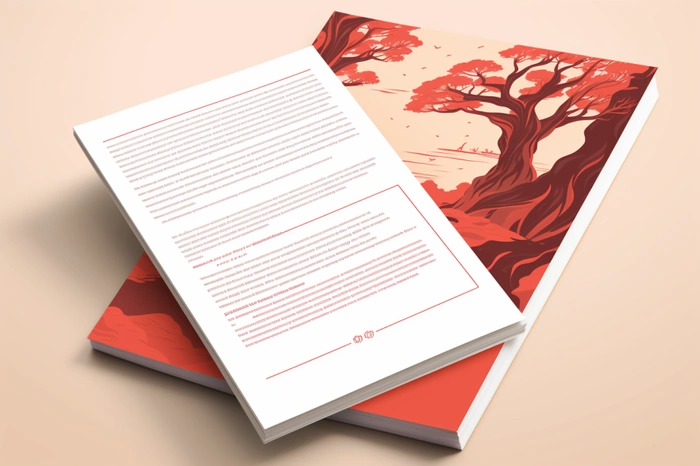If you would prefer to keep your PDF documents, receipts or personal information out of the hands of third-party companies such as OpenAI, Microsoft, Google and others. You will be pleased to know that you curb process and read PDFs on your own computer or personal or private network using the Mistral AI model.
Over the last 18 months or so artificial intelligence (AI) has seen significant advancements, particularly in the realm of document processing, thanks to large language models being able to read. One such advancement is the use of AI to read and process PDF documents locally. This guide will provide more details on how you can keep your PDF documents safe and secure by processing them on your own computer or local network. Using Katana ML’s open source library to process PDF documents locally with the Mistral AI model.
“Mistral-7B-v0.1 is a small, yet powerful model adaptable to many use-cases. Mistral 7B is better than Llama 2 13B on all benchmarks, has natural coding abilities, and 8k sequence length. It’s released under Apache 2.0 licence, and we made it easy to deploy on any cloud.”
Katana ML is an open source MLOps infrastructure that can be used in the cloud or on-premise. It offers state-of-the-art machine learning APIs that cater to a wide array of use-cases. One such application is the processing of PDF documents using the Mistral 7B model. This model, despite being small in size, boasts impressive performance metrics and adaptability.
How to read and process PDFs locally using Mistral AI
Other articles we have written that you may find of interest on the subject of Mistral AI :
Mistral 7B is a 7.3 billion parameter model that outperforms its counterparts, Llama 2 13B and Llama 1 34B, on various benchmarks. It even approaches CodeLlama 7B performance on code while maintaining proficiency in English tasks. The model uses Grouped-query attention (GQA) for faster inference and Sliding Window Attention (SWA) to handle longer sequences at a smaller cost. The model is released under the Apache 2.0 license and can be used without restrictions.
The process of using this model to read and process PDFs locally can be executed on platforms like Google Colab or a local machine. The choice between these two depends on the user’s preference and needs. Google Colab offers the advantage of cloud-based processing, eliminating the need for high-end hardware. However, it also comes with limitations, such as a restricted amount of free GPU usage. On the other hand, using a local machine allows for greater control and customization. However, the processing speed might be slower due to hardware limitations.
To illustrate the process, let’s consider a PDF invoice example. The first step involves cloning the repository from Katana ML and installing the necessary requirements. The user then downloads a quantized model based on the system’s RAM capacity. The configuration file is then edited to optimize speed and quality. The data from the PDF is converted into embeddings and stored in Vector DB, a process known as data injection. The main.py file is then run to ask questions and get answers based on the processed data.
Despite its impressive capabilities, the Mistral AI model is not without its limitations. The processing speed can be slow due to the limitations of current technology. Furthermore, like any AI model, Mistral 7B is not immune to “hallucinations” or mistakes. These are instances where the AI generates incorrect or nonsensical responses.
However, the potential applications of this technology are vast. For example, it can be used to extract structured information from unstructured documents, like invoices or contracts. This can significantly streamline processes in industries like finance, law, and administration.
Looking forward, there are several possibilities for optimization and improvements. For instance, further fine-tuning of the model could enhance its performance. Additionally, advancements in hardware technology could significantly speed up the processing time.
Using Katana ML’s open source library to process PDF documents locally with the Mistral AI model is a promising application of AI technology. Despite its current limitations, it offers a glimpse into the future of document processing and the potential of AI in transforming mundane tasks into automated processes.
Filed Under: Guides, Top News
Latest aboutworldnews Deals
Disclosure: Some of our articles include affiliate links. If you buy something through one of these links, aboutworldnews may earn an affiliate commission. Learn about our Disclosure Policy.








